According to Action for Children, there are an estimated 120,000+ children and young people in the UK who are homeless.
Like Centre Point, End Youth Homelessness, and Shelter, there are a number of charities across the UK trying to help people find a place to call home. But there are also individuals who have opened their doors to teens who need a safe space to live.
One such person is John Irwin.
While working at BT, he decided he wanted to do something else with his life. After being offered voluntary release he decided to become a Supported Lodgings Provider with the Manchester City Council. John says he was fortunate enough to have a good upbringing and “just wanted to give something back to help”.
And for the past six years, he’s been doing exactly that.
According to Manchester City Council, many young people are not ready to live on their own or might be leaving foster care (which happens at the age of 16) but can't stay at home.
“Sometimes the care-leavers lack confidence and have no idea how to run their own place or even look after themselves, which can be daunting. That’s where Supported Lodging Providers play a vital role, we treat them as adults and as part of the family,” says John.
The scheme helps people between the ages of 16 and 21 (or 25 if they are in higher education) to develop the practical skills and emotional stability they need to live independently and reach their potential. Lodgers will move in with John and get help to find their independence. Anything from housework, how to budget, cooking or basic life skills, John offers guidance and support.
“So then when they do get their own place, they're able to go off and be more confident. It's great to see that happen,” he says.
To be a Supported Lodgings Provider you have to be assessed by Council Social Workers. Due to all the background checks, this can be quite a long process explains John.
“Finally you go in front of a panel who will ask relevant questions regarding how you see the role and how you would deal with various scenarios. Once that’s all done, and you pass, you can get started,” he says. "Regular training and various courses are also offered to help you develop in the role."
When it comes to taking on a lodger, John says that “no one is forced.”
“The lodgers come over with their Social Worker or Support to meet me a few times, check out their bedroom, the house and the local area, and then we both decide whether they want to stay or not.”
But that wasn’t the only admin needed to be able to help these young adults. He soon realised that there were business implications to being a Supported Lodgings Provider.
“When I initially started we were told that you don't pay tax because of the job. I later found that I do need to register as self-employed because I fall under the foster care banner.”
According to the National Fostering Group, all foster carers have to register as self-employed, submit a self assessment tax return and pay National Insurance. However, according to John, Supported Lodgings Providers aren’t the same as foster carers. “We are the gap in between,” he explains.
“So we [he and his colleagues] didn’t know that we had to be self-employed. Not all my colleagues have signed up as self-employed yet, but I have. I was told I just need to zero everything on the self assessment form.”
This is because most foster care – and services that fall under that umbrella – don’t pay tax because of the Qualifying Care Relief tax scheme. However, they still need to calculate their tax at the end of each tax year to make sure they haven’t exceeded the threshold.
To keep all documents in order for his assessment John realised he’d need a business bank account. “When I saw Mettle, I really wanted it because I just knew it’d help me. And it's free, which is brilliant,” he says.
John concluded by saying he’d wished he had become a Supported Lodgings Provider years ago.
“I want to keep doing this for as long as he can. I get company out of this too, and sometimes you are lucky enough to form a good bond with them. I’ve had ‘Dad moments’ that until doing this role I’d never expected to have – like taking them to vote for the first time exactly as my parents did for me.”
Tackling youth homelessness is an important cause. If you have the means and would like to learn more about getting involved, the Government's website has information on Supported Lodgings Providers. You can also find out through your local council to see if they have a scheme in place.






